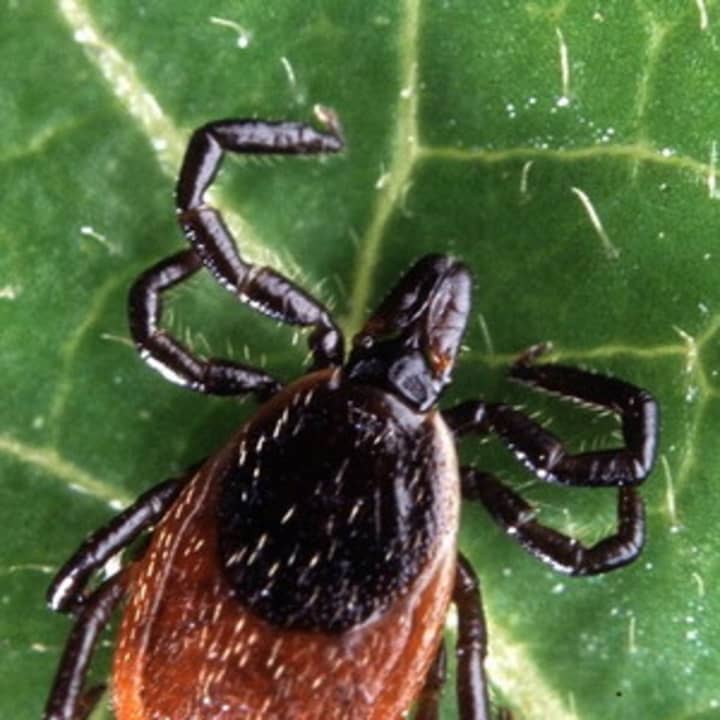The New York State Department of Health said late Friday that a case of Powassan virus has been confirmed in Dutchess County. The precise location within the county was not released.
Powassan, known as "POW," is named after Ontario, Canada town where it was identified in a young boy who eventually died from the virus.
Over the summer, a man died after contracting the Powassan virus from a tick in Saratoga County. Two other Saratoga residents were later diagnosed with the virus. The confirmation of the disease in Dutchess is now the fourth in New York State this year. There have been only 27 confirmed cases of the disease in New York since 2000.
"In Dutchess County, we have learned through decades of experience that several preventive measures can work together to offer the greatest protection against tick-borne diseases," said Dr. Anil K. Vaidian, Commissioner of the Dutchess County Department of Behavioral & Community Health. "It is important for residents to plan ahead before outdoor activities, be mindful of exposure while outdoors, and to remain vigilant in checking for ticks afterward for the best chance of prevention against tick-borne diseases."
While extremely rare, the number of POW virus cases has increased in recent years, with most cases in the Northeast and Great Lakes regions, according to the Centers for Disease Control.
All residents of and visitors to areas where POW virus activity has been identified are at risk of infection, the CDC said, especially those involved in outdoor work and recreational activities.
There is no specific treatment, but people with severe POW virus illnesses often need to receive respiratory support, intravenous fluids, or medications to reduce swelling in the brain, the CDC said.
"This should not deter you from partaking in all the outdoor activities that our beautiful state has to offer this fall, as long as you remain vigilant," said New York State Health Commissioner Dr. Howard Zucker. "While you are outside taking advantage of hiking, hunting and leaf-peeping, or even raking leaves, it is important to take the time to protect yourself and your family against ticks and tick-borne illnesses."
The CDC recommends using tick repellent when outdoors as well as wearing light-colored clothing that covers all parts of the skin, performing self-checks after being outside and avoiding areas with tall grass, including densely wooded areas.
For a Q&A on the Powassan virus, click here.
Click here to follow Daily Voice Mamaroneck and receive free news updates.


